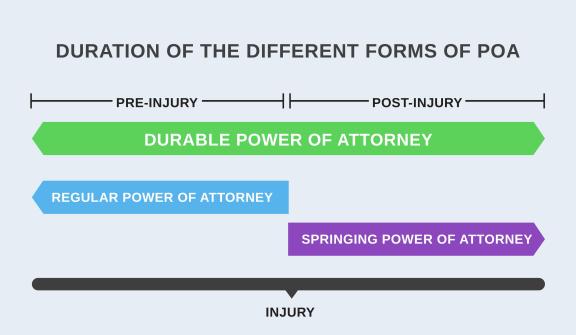
Estate planning is the process of transfer your property to your loved ones in an
efficient manner, ensure safety for your wealth and reducing the potential probability of getting stuck in a quagmire of unwanted litigation. This simplified roadmap
encapsulates what you should consider as a foundation when you opt for estate planning.
Key Take A Ways
• For any estate planning, a will would form the foundation. It will be the basis upon which your asset distribution will rest.
• Trusts can be beneficial in being probate-proof or even lowering taxes.
• Beneficiary designations ensure financial accounts go directly to chosen
recipients.
• Power of attorney and advance healthcare directives protect you in case of incapacity.
1. Will
A will is probably the most basic yet one of the most important parts of estate
planning. A will can actually legally identify who would receive your assets and who will take care of the minor children. You might be considered very lucky if you don't have a will, for then your estate will most likely fall under the state's probate laws,
which may not be what you want.
Why You Need a Will:
• It states asset distribution.
• It appoints guardians for minors.
• It prevents court battles.
Trust:
A trust is the legal entity that controls your assets on behalf of your beneficiaries.
Contrary to a will, trusts prevent probate from affecting you and even decrease the estate tax and allow one to have more control over when and how their beneficiaries will acquire their inheritance.
Types of Trusts:
Revocable Trust:Whereby you hold control of the assets during your lifetime.
Irrevocable Trust: Once established, the trust cannot be changed, but it does circumvent creditors and estate taxes.
Charitable Trust: Benefits charitable entities as well as minimizes taxes.
Benefits:
• Avoids administration, saving time and money.
• Tax savings.
• Allows asset distribution based on intentional time line.
3. Name Beneficiaries
Most financial accounts-life insurance, retirement funds and investment accounts to name few-have beneficiary designations. Whenever you name beneficiaries on these assets, probate avoids them as they pass directly to the people you've named once you die.
Action Items:
• Review beneficiary designations regularly.
• Update them if major life events occur (marriage, divorce, new child).
4. Prepare Power of Attorney
This is a legal document that will give the rights to someone else to manage your money or medical concerns if you cannot do so for yourself. It will take care of all your bills, properties, and health decisions to your liking.
Types of Power of Attorney:

• Financial POA: The power of attorney for financial matters.
• Healthcare POA: The power of attorney for deciding all your health-related issues.
Why
• It protects your money and medical decisions when you are unable.
• Avoids you needing the courts to get involved.
5. Advance Healthcare Directive
This written statement outlines your desired course of treatment in the event of your disability. It guides the medical practitioners and your loved ones of what you
would want or wouldn't want.
Why It s Important:
• It shows respect for your medical preferences.
• Saves your loved ones the burden of an untimely time in their lives.
6. Pay Estate Taxes
Federal and state estate taxes can be disastrous for your estate, but a smart plan
will be able to save you the maximum of your money to be handed over to your heirs.
Tax-Efficient Strategies:
• Utilize trusts to shelter some of the assets
• Donate assets to others while you're still alive to lower the amount of your taxed estate.-
• Take into account making charity contributions to lower estate tax obligations.
7. Review and Update Your Estate Plan Regularly
A living estate plan should keep pace with you, because your life situation is
expected to change. Major life events, including marriage, divorce, a new baby, or a significant change in your financial circumstances, should trigger an examination of the plan and potential updating.
When to Update:
• After major life changes.
• Tax laws change.
• Beneficiaries or executors die or become incapacitated.
8. Let Them Know Your Plan
Although the specifics of your estate plan should be private, it can be helpful for
your family and important people in your life to understand your general wishes. You can inform them where they can find important documents, such as your will, trust, and powers of attorney.
Why Communication Counts
• This prevents the members of your family from misunderstandings and arguments.
• It ensures that your executor/trustee knows what he or she has to do.
Conclusion
Most probably, it's the most important reason to do estate planning: your assets,
your wishes, and taking care of your loved ones. Making a will, establishing trusts, identifying beneficiaries, and providing tax plans can ensure securing your legacy. It
helps to review and update an estate plan every so often to reflect the actual situation and conditions.

Top 4 Companies That Offer Zero Brokerage Trading

How to Start Investing in Index Funds

Decoding the Reverse Financial Planning Trend

Enhancing Personal Financial Wisdom Through Market Volatility

What is your investment goal

How to Start Socially Responsible Investing

Wealth Safety in Uncertain Times: Strategic Guardrails
